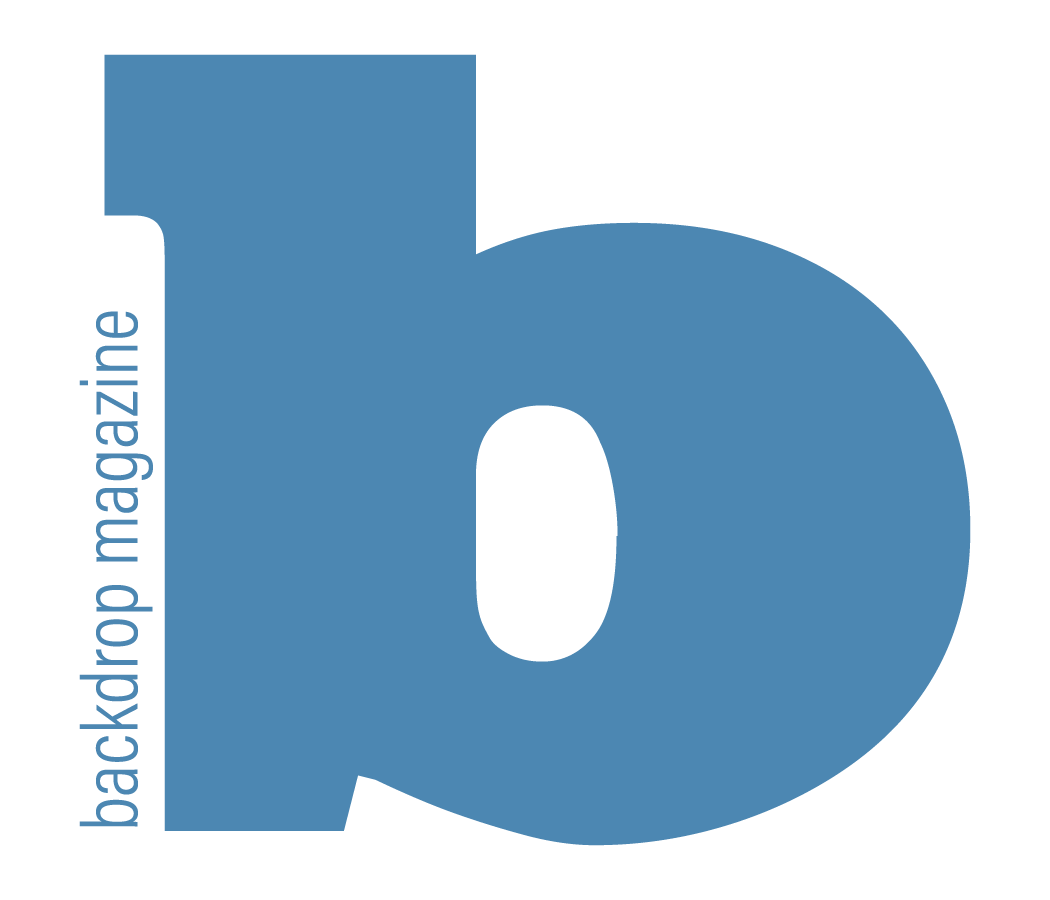Freshman Revival
Story by Sophia Englehart
OU Freshman start their college careers while COVID-19 lingers.
Students explore clubs and organizations on College Green during the Student Involvement Fair that occurred in August. Photo taken from Ohio University’s Staff Reports section of the OHIO News webpage.
After more than a year and a half of online and hybrid learning, Ohio University—along with other schools and universities across the nation—has finally returned to some resemblance of normalcy. The presence of the coronavirus is still very much part of university life, but the excitement and nervousness of new freshmen remains the same as they eagerly unpack into dorms and pop in and out of coffee shops on Court Street.
The university’s continued pandemic policies pose an interesting transition for incoming freshmen, many who also experienced a shift from in-person to virtual learning mid-school year. Now, as the first day of school approaches, new Bobcats prepare for a hopefully more normal semester of college.
“As the oldest and first kid in my family to go to college I really didn’t know what to expect,” Sophia DiCuirci, a freshman planning to study graphic design, says. “So, this all seems normal because I didn’t have expectations in the first place. I definitely didn’t expect masks to be on my packing list for college.”
Due to the delta variant of the coronavirus, OU recently announced the reinstatement of masks for students while indoors and in establishments on Court Street, as well as mandatory vaccinations against the coronavirus for all students, staff and faculty before Nov. 15.
“We were hopeful that people would come back,” Wendy Merb-Brown, the Assistant Dean for Operations & First-Year and Student Transitions, says. “We didn't think that it would be with a mask. But I feel like the one thing we've learned about COVID is just be ready for change [and] I have so much faith in our students. It's [a] real challenge, but our students are resilient.”
Merb-Brown, along with OU administrative staff, wants to give students the benefit of having the in-person experience in the classroom, and are working to balance the safety and health of the university with in-person activities. Merb-Brown says that her office may never go back to the way they conducted student programing before the pandemic and that they’ve adapted to do better.
“We learned a lot about what we can do online and still make a difference and still connect with students. That was a wake-up call for us as educators to think of a different way and a more creative way of doing it.”
-Wendy Merb-Brown
This means that the university is adjusting to keep the safety of its students and faculty in mind, though it isn’t quite the typical image of college life seen in media and books.
“When I pictured my freshman year, I pictured a normal college freshman year for myself with the ability to easily meet new people and make friends, join clubs, go to class and explore the campus and city of Athens,” Riley Long, a freshman studying biology, says. “I saw the light at the end of the tunnel when vaccinations became more and more frequent, but with the new delta variant I can also see this vision slip away.”
Long, like many newcomers, will still get the benefit of being on campus and the ability to interact with fellow students. But with the threat of the delta variant becoming more prevalent, especially with college-aged students, Long worries that she’ll miss out on her freshman experience and admits that isolation in a world where interaction should occur is a big fear of hers.
“The thing I am looking forward to least, with college, [is] the uncertainty that still lingers from the pandemic, of not knowing what is to come and if things will get shut down again,” Long says. “I was hoping when I got to college that the world would be normal again and I’d have all in-person classes, but I truly had no idea what to expect.”
One of the COVID-19 safety signs that are at the entrance of all indoor locations on campus.
Because of the isolation that comes with learning through a computer screen, rather than in a physical classroom, the mental health of many students has dipped while learning in quarantine. However, one silver lining is that online learning forces students to become more self-reliant instead of dependent on a peer or teacher for their progression in academics.
Long agrees, saying that hybrid learning helped her establish a solid schedule with her academics.
“It was challenging at first for sure, but as the year went on, I started to really enjoy it and find my rhythm with hybrid learning,” she says. College freshmen may face the challenge of being away from home and having to march to the beat of their own drum, both academically and socially. It is typically the first scenario they are approached with as they are becoming adults, so having that extra “tutelage” from the pandemic may serve to help them better adapt to their new environment.
“Being online wasn’t awful itself but my mental health definitely declined with the lack of social interaction,” DiCuirci says. “I do think that having to take a lot of online classes has prepared me for college a lot, by having to do a lot of teaching myself and having to be more independent.”


